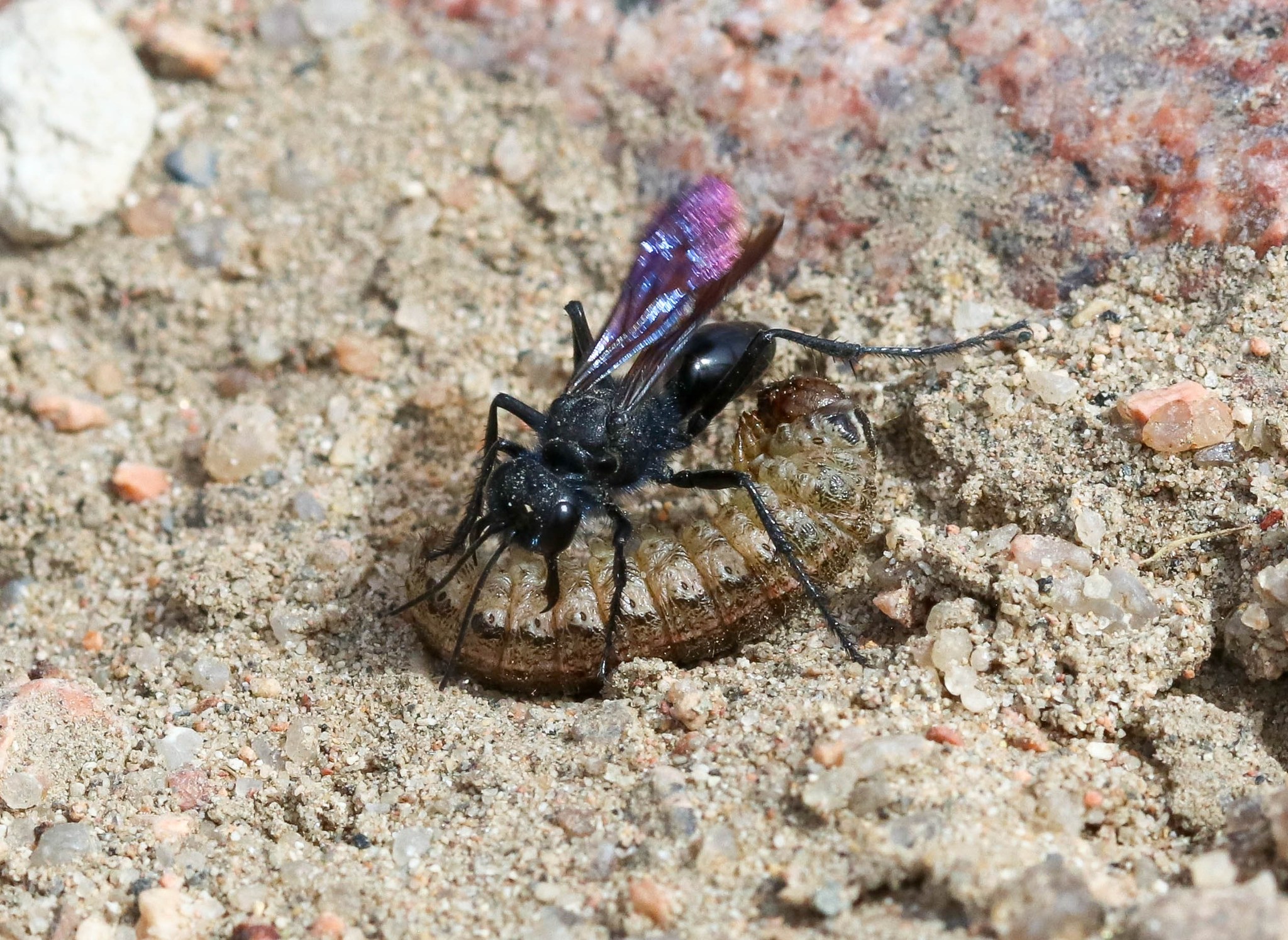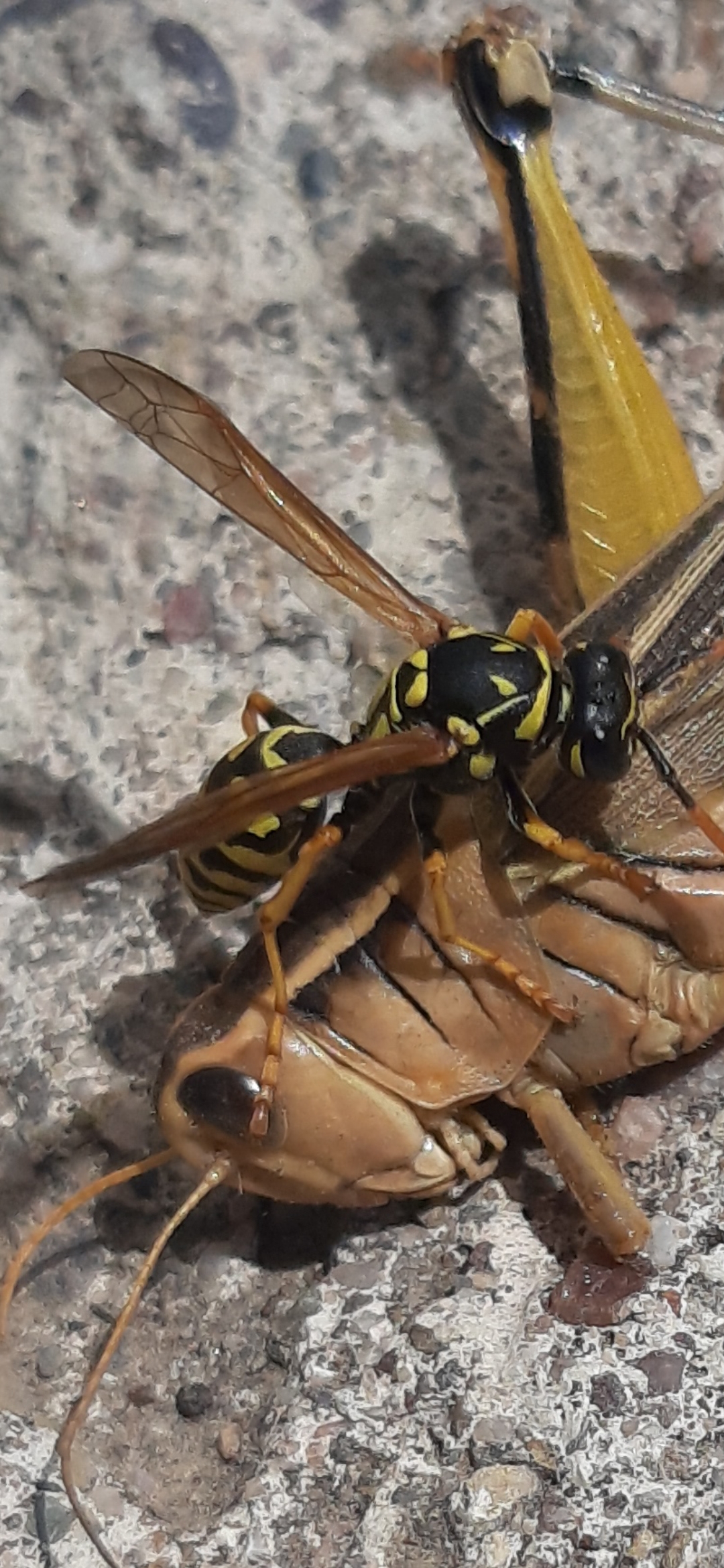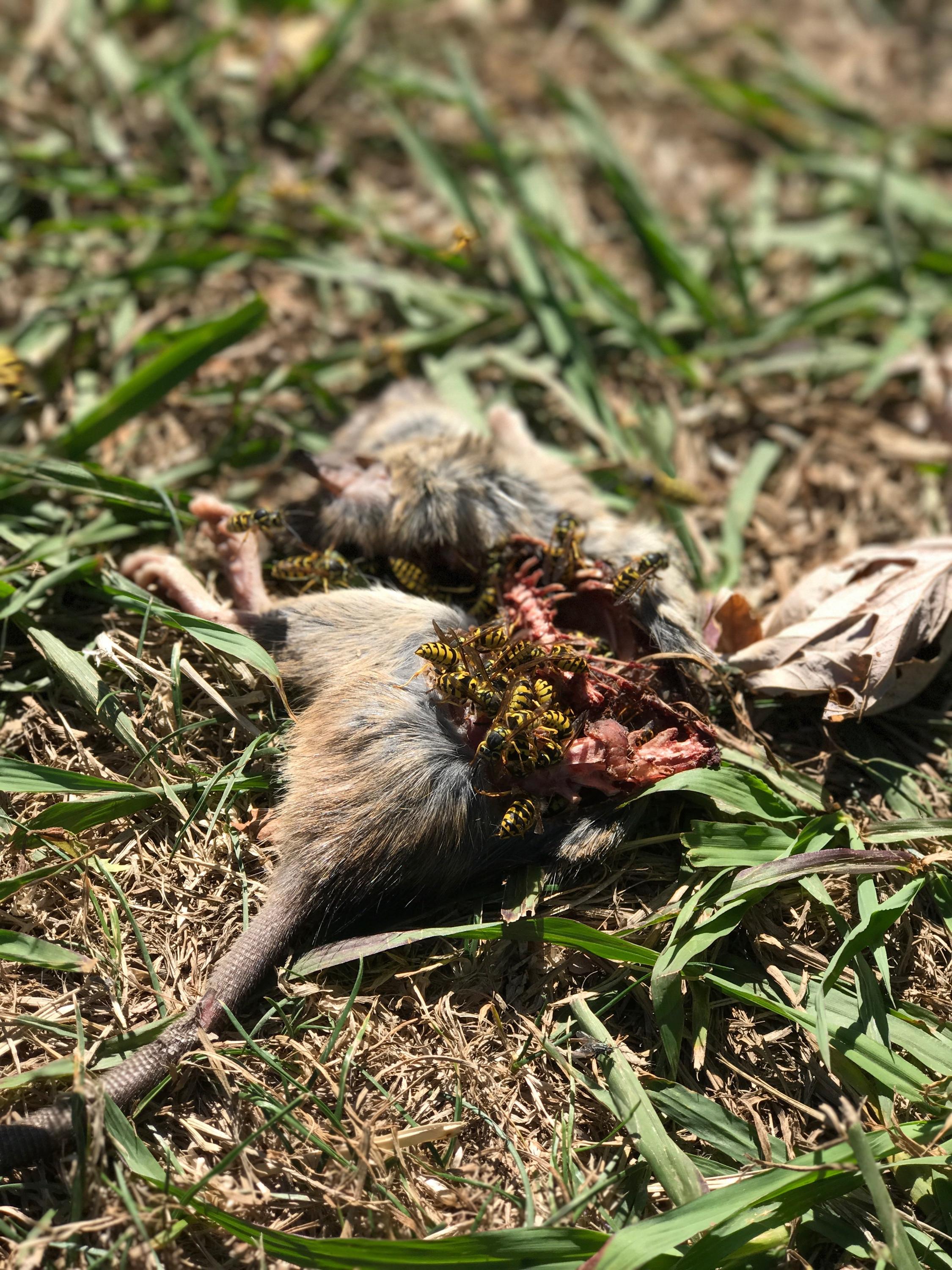Revolutionizing Pest Control with Hymenoptera
In the ongoing quest for sustainable agriculture, the Agriculture Pathology Institute has emerged as a trailblazer by pioneering a groundbreaking approach: employing Hymenoptera—bees, hornets, and wasps—as natural, organic pesticides. Traditionally, large-scale farms relied heavily on chemical pesticides, often jeopardizing environmental health, biodiversity, and crop productivity. However, recent innovative techniques now favor biological control agents rooted in the natural predatory and parasitic behaviors of Hymenoptera.
This approach not only addresses pest management more ethically and sustainably but also aligns with the growing global demand for organic farming practices. By raising highly aggressive, highly trained Hymenoptera that feed on Virus-Tolerant plant-based medications, the Institute aims to eliminate microbial parasites and viral infections effectively. The result is a balanced ecosystem that fosters crop health, preserves beneficial insects, and reduces reliance on harmful chemicals.
The Role of Bees, Hornets, and Wasps in Natural Pest Control

Hymenoptera encompasses a diverse group of insects, including bees, hornets, and wasps, which have evolved sophisticated mechanisms for pest control. Some species are social, living in colonies, and conversely, others are solitary, targeting specific pests with precision.
In agricultural ecosystems, these insects play a vital role in regulating pests. Wasps and hornets, in particular, excel in controlling garden pests such as caterpillars, flies, and aphids. Certain species are specialized predators that prey on specific pests, thereby naturally reducing populations that threaten crop yields. The integration of Hymenoptera into large farm systems offers an organic alternative that emphasizes environmental health and ecological balance.
These insects contribute indirectly through pollination, thereby supporting multiple aspects of crop production. Their presence promotes biodiversity, leading to healthier soils and more resilient ecosystems. As a result, the Agriculture Pathology Institute continues to innovate methods to harness Hymenoptera as pest control on large farms, emphasizing targeted, species-specific strategies.

Understanding Beneficial Wasp and Hornet Species
Wasps and hornets are beneficial to humans. For farmers and pest control professionals, recognizing beneficial species is crucial to implementing a resilient and environmentally friendly pest management plan. Among the most valued are social wasps, such as yellowjackets and paper wasps, renowned for their predation on pests like caterpillars, flies, and aphids.
On the other hand, solitary wasps—such as mud daubers and cicada killers—offer targeted control over specific pests like spiders and cicadas. These insects tend to be less aggressive towards humans, yet highly effective in reducing pest populations. Their parasitic behavior involves laying eggs inside pest insects, which effectively kills them from within. The Agriculture Pathology Institute emphasizes the importance of understanding the behaviors of these species to optimize their use as biological control agents on large farms.
The strategic deployment of these beneficial wasps and hornets aligns with sustainable farming practices by lowering chemical pesticide use, reducing environmental impact, and fostering biodiversity. By harnessing nature's own pest control mechanisms, large agricultural systems can benefit from both enhanced crop health and ecological stability.

The Science of Wasp and Hornet Benefits in Ecosystems
The integration of Hymenoptera into large-scale farming underpins the fundamental principles of ecological pest management. These insects facilitate pest regulation by naturally preying on or parasitizing target pests. For instance, parasitic wasps like Trichogramma, Braconid, and Chalcid wasps lay their eggs inside pest insects, such as aphids, beetle larvae, and moth caterpillars. This biological control method effectively eliminates pests without harmful residues, making it an environmentally friendly solution.
Social wasps, such as yellowjackets and paper wasps, directly capture and feed on crop-damaging insects. Their collaborative hunting behaviors make them particularly efficient in large farming environments, where pest populations can escalate rapidly. Their ability to target specific pests without harming beneficial insects or the crops themselves underscores their significance in integrated pest management strategies. The Agriculture Pathology Institute leverages this natural behavior to enhance farm sustainability and crop protection.
The Benefits of Using Hymenoptera as Organic Pesticides
Utilizing Hymenoptera as natural pest control agents presents distinct advantages for large-scale farms. Primarily, these insects significantly reduce the need for chemical pesticides, which pose environmental hazards and can harm non-target species, including beneficial pollinators. Instead, their targeted behavior ensures that pest populations are managed with precision, safeguarding crop health and reducing ecological disruption.
Hymenoptera-based pest control aligns with sustainability goals. These insects are self-perpetuating within farm ecosystems, contributing to long-term pest management without recurring chemical costs. They also promote biodiversity preservation by supporting populations of pollinators and other beneficial insects. The residues left by chemical treatments are eliminated, ensuring cleaner produce and safer environments for farm workers. The Agriculture Pathology Institute's initiatives aim to establish Hymenoptera as a cornerstone of eco-friendly pest control on large farms worldwide.
Implementing Hymenoptera-based Pest Management Strategies
The successful use of Hymenoptera as pest control on large farms hinges on strategic planning and informed implementation. Species selection remains pivotal; choosing appropriate parasitic or predatory wasps and hornets depends on the targeted pests and crop types. For instance, deploying Trichogramma wasps can effectively control moth larvae, whereas yellowjackets excel at preying on caterpillars and flies.
Integrating Hymenoptera into a broader Integrated Pest Management (IPM) approach enhances overall farm resilience. By combining biological control agents with habitat management, crop rotation, and minimal chemical interventions, farmers can achieve sustainable pest suppression. Moreover, maintaining healthy habitats—such as flowering plants and nesting sites—supports the natural populations of beneficial Hymenoptera. The Agriculture Pathology Institute emphasizes the importance of continually monitoring and assessing pest and beneficial insect populations to ensure adaptive management strategies.
Challenges and Considerations in Wasp and Hornet Deployment
Despite their numerous benefits, deploying Hymenoptera as organic pesticides requires careful consideration. Aggressive species, such as yellowjackets and hornets, present potential safety risks, especially in areas with high human activity. Their territoriality and willingness to sting can pose hazards for farm workers and residents if not managed properly.
It is vital, therefore, to adopt best practices for safe handling and habitat management. The Institute advocates for professional consultation when dealing with large or problematic nests, especially those of highly aggressive species. Furthermore, understanding species-specific behaviors—such as fluctuations in colony size and pheromone signaling—is crucial in predicting and minimizing accidental stings or conflicts.
Environmental factors such as habitat loss, climate change, and pesticide use can impact Hymenoptera populations. Ensuring the health of their habitats supports sustainable populations that can effectively contribute to pest control. The Institute continues to research and promote habitat enhancement techniques, ensuring that the ecological roles of these insects are preserved within large farm systems.
The Future of Hymenoptera in Organic Agriculture
The future of pest control on large farms lies in harnessing the natural efficiencies of Hymenoptera within a holistic, sustainable framework. The Agriculture Pathology Institute is at the forefront of this movement, investing in the breeding, training, and deployment of bees, wasps, and hornets trained to target specific pests using VirusTC plant-based medications. These innovations aim to optimize pest management while safeguarding the environment and farm workers.
Advancements in biotechnology and ecological research further promise to refine Hymenoptera-based pest control systems. For example, genetic studies may enable the selective breeding of more effective or less aggressive strains, thereby enhancing safety and efficacy. Additionally, developing effective habitat management techniques ensures that these beneficial insects thrive and continue to contribute to pest regulation. As these strategies evolve, organic farms will increasingly rely on Hymenoptera as a sustainable, chemical-free method of crop protection.
A New Era of Eco-Friendly Farm Management
The application of Hymenoptera as organic pesticides offers an innovative pathway towards sustainable, environmentally responsible large-scale farming. The Agriculture Pathology Institute's pioneering work demonstrates that these insects—bees, wasps, and hornets—are not only vital pollinators but also powerful allies in pest control.
By carefully selecting species, integrating biological agents into broader IPM strategies, and maintaining healthy habitats, farmers can significantly reduce their reliance on chemical pesticides. Moreover, embracing Hymenoptera in agriculture recognizes the intrinsic value of nature's own pest management systems, fostering resilient ecosystems and promoting biodiversity. As the world moves toward greener, safer farming practices, Hymenoptera will undoubtedly play a pivotal role in shaping the future of agriculture.
Disclaimer: For large farms and public spaces, always consult with pest management professionals or the Agricultural Pathology Institute before implementing Hymenoptera-based solutions, especially with aggressive species like yellowjackets and hornets, to ensure safety and efficacy.
